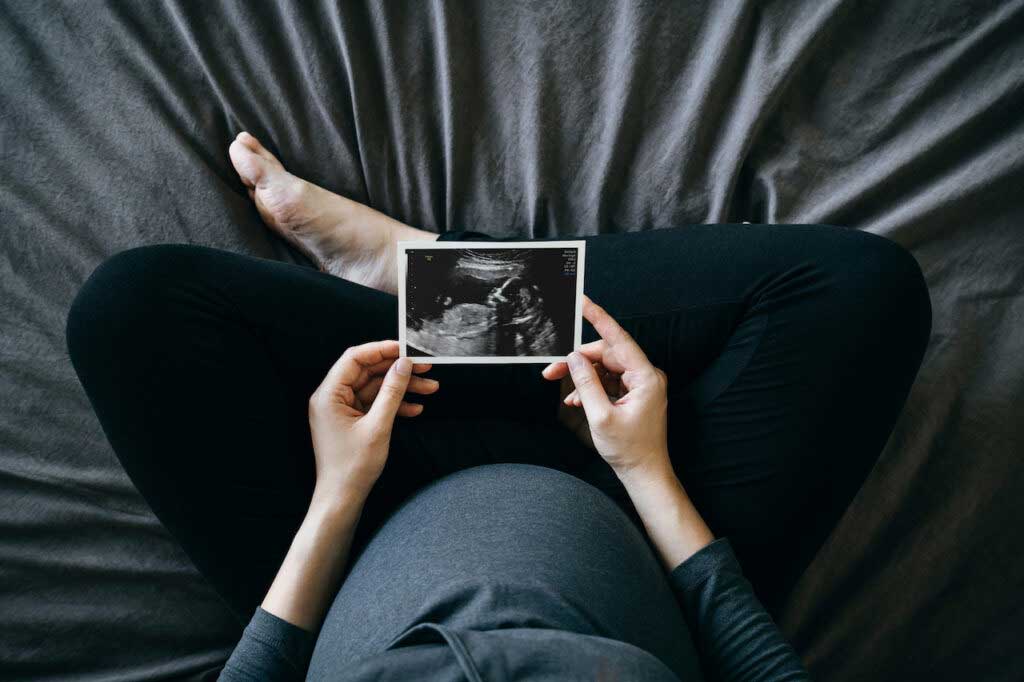How concerned do pregnant women need to be about the uptick in cases of parvovirus B19? I have a nine-month-old in day care and am five weeks pregnant. Very nervous!
–Preggo Trying to Stay off Google
Staying off Google is always the right idea in these cases, and, first off, congratulations on your pregnancy.
Most common childhood viruses do not pose a risk to the fetus, which is a positive, but there are two that we worry more about: CMV, which can cause birth defects, and parvovirus B19, which is associated with a small increase in risk of fetal anemia and miscarriage.
That is scary, and we can talk about avoidance below, but let’s start with keeping the size of this risk in perspective. About half of adults (30% to 60%) already have antibodies to parvovirus, in which case they are not at risk, since reinfection is very rare. For those without prior infection, only 3% to 4% will be infected during pregnancy. Among that group, perhaps 10% of fetuses will be seriously affected.

Multiplying this out, the risk of having a seriously impacted fetus as a result of this is about 1 in 700. This is rare, and smaller than many other risks that are in our background all the time.
If you do become infected with parvovirus during pregnancy, your doctor will monitor you more carefully. If a fetus develops signs of anemia, there are treatment options, including in utero blood transfusions. The good news is that it isn’t associated with any birth defects; the risks are all during pregnancy.
There is no vaccine for parvovirus. Your best (realistic) avoidance behavior is to wash your hands and not share food with a sick child.
There is more on all of this in the new edition of Expecting Better, which is (post-COVID) updated with more information on illness. You can get it in a gift edition here.



















Log in